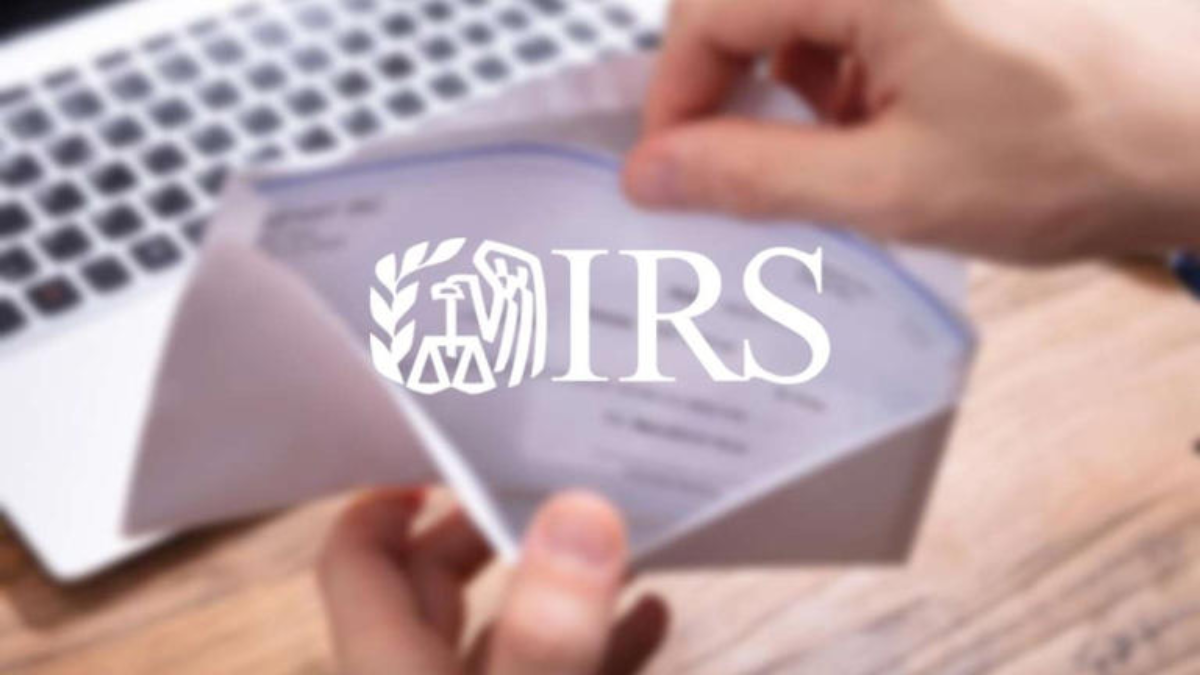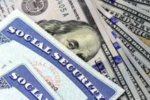Stimulus checks have provided essential relief for millions of Americans during challenging times. However, questions often arise about whether these payments can be withheld due to unpaid taxes or other debts. Understanding the circumstances under which stimulus checks might be intercepted can help individuals better navigate their financial situations.
What Are Stimulus Checks?
Stimulus checks are direct payments issued by the federal government to provide financial relief to individuals and families. These payments are often part of broader economic aid packages, such as those distributed during the COVID-19 pandemic. Their purpose is to stimulate the economy by putting money directly into the hands of consumers, enabling them to pay bills, purchase necessities, and support local businesses.
Are Stimulus Checks Stopped for Unpaid Taxes?
In most cases, stimulus checks are not withheld for unpaid federal taxes. During the pandemic, for example, the IRS explicitly stated that unpaid tax debts would not prevent individuals from receiving their Economic Impact Payments (EIPs). This approach was intended to ensure that financial relief reached those in need, regardless of their tax situation.
However, while federal taxes generally do not affect the receipt of stimulus payments, there are other situations in which these funds may be intercepted.
Situations Where Stimulus Checks May Be Intercepted
- Child Support Arrears
- If you owe back child support, the government may offset your stimulus payment to cover this debt. This practice is enforced under the Treasury Offset Program (TOP), which prioritizes child support obligations over other types of debts.
- Debts to Federal or State Agencies
- Certain federal or state debts, such as delinquent student loans or unpaid unemployment benefits, may result in the interception of stimulus payments. However, during the pandemic, specific protections were implemented to prevent such offsets for COVID-19-related stimulus checks.
- Private Debt Collection
- Once stimulus payments are deposited into your bank account, they may be subject to garnishment by private creditors or debt collectors, depending on state laws. For example, if you have a court judgment against you, creditors could seize your funds.
- Bank Account Overdrafts
- If your bank account is overdrawn, the bank may use your stimulus funds to cover the negative balance. This is not a government-mandated action but rather a policy determined by individual financial institutions.
What About Tax Refund Offsets?
While stimulus payments are generally protected from offsets for federal tax debts, tax refunds are a different story. If you are owed a refund but have unpaid tax liabilities, the IRS can apply your refund to those debts. This process, known as a tax refund offset, does not impact stimulus checks directly but may affect your overall financial relief.
Protecting Your Stimulus Payments
If you are concerned about losing your stimulus payment due to debts, there are steps you can take to safeguard these funds:
- Understand Your Debts
- Review any outstanding debts you may have, including child support obligations, student loans, or private credit card debts. Knowing your financial standing can help you prepare for potential offsets.
- Set Up Payment Plans
- If you owe federal or state taxes, consider setting up a payment plan with the IRS or your state tax agency. Doing so can help you avoid penalties and keep your financial situation manageable.
- Monitor Bank Policies
- Check with your bank to understand its policies regarding overdrafts and garnishments. If necessary, consider opening a separate account to receive government payments.
- Seek Legal Assistance
- If your stimulus funds are at risk of garnishment by private creditors, you may want to consult an attorney. Some states have enacted protections to prevent garnishment of COVID-19-related stimulus checks, but these laws vary.
Future Stimulus Programs and Tax Implications
Future stimulus programs may have different rules regarding eligibility and offsets. For instance, if a new relief package is introduced, Congress may include specific language to protect payments from being intercepted for debts. Staying informed about legislative changes is essential to understanding your rights.
Additionally, it’s important to file your taxes annually, even if you owe money to the IRS. Filing ensures that the government has accurate information about your income and dependents, which can impact your eligibility for future stimulus payments.
Conclusion
Stimulus checks have provided critical support for many Americans, and in most cases, unpaid taxes do not prevent individuals from receiving these payments. However, certain debts, such as child support arrears or private creditor judgments, may result in offsets or garnishments. By understanding the rules and taking proactive steps to protect your payments, you can make the most of the financial relief provided by these programs.
For additional guidance on stimulus checks and eligibility, visit Benefits.gov.
Disclaimer – Our team has carefully fact-checked this article to make sure it’s accurate and free from any misinformation. We’re dedicated to keeping our content honest and reliable for our readers.








